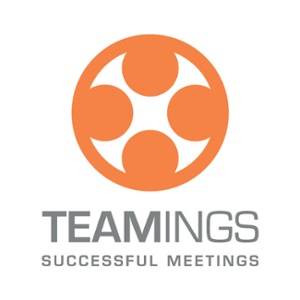Lately, we’ve been discussing Meeting Preparation. Every successful meeting starts with meeting preparation. There are three main functions of meeting prep.
Now that you have a sharp objective and know who will be doing what at your meeting, you are well on your way to hosting an effective meeting! Your next step is to make sure everyone involved is prepared to engage at your meeting so that you can make the most of your time together. Hopefully while sharpening your objective, you were able to narrow down the best medium for your meeting. Whether you are having an audio conference, video conference, web conference or face-to-face meeting, you should create and share a meeting agenda. The meeting agenda should include: o Here you expressly layout exactly what you expect from your meeting attendees. Let them know they should be prepared to discuss and offer suggestions. Request that all other communication (e-mails, phone calls, private discussions, ect) be put off until after the meeting. Having an upfront contract lets the attendees know what you expect of them and that you take this meeting seriously. If needed, review this agenda with your guest speakers and/or facilitators. When sending the agenda to all participants, allowing enough time for their own meeting prep to take place. If you want to have a successful meeting, your first step is preparation. By sharpening your objective, identifying the right people to invite and making sure everyone is prepared, you can make sure your next meeting is an effective use of everyone’s time. “There are no secrets to success. It is the result of preparation, hard work and learning from failure” – Colin Powel. For more meeting tips and insights to make your meetings successful, please sign up for our newsletter.
Ensuring everyone is prepared for your meeting

Creating and sharing a meeting agenda in advance has many benefits:

